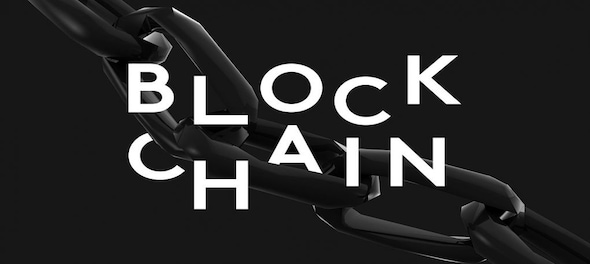
Decentralised science (DeSci) is nothing but the use of blockchain technology to solve a few issues troubling the scientific community. The most compelling of these issues include funding and peer reviews.
Of course, the inflow of funds depends on the quality of the work. However, even after producing quality work, scientists need to spend just as much time writing up grant proposals. This not only means that they invest less time in science but it could also result in good projects going unfunded.
Moreover, it is usually projected that receive the mainstream appreciation that finds funding. This may coerce scientists into pursuing projects that appeal to a wider audience rather than those that look at niche issues.
Also Read:
"Ultimately, inadequate and unreliable funding not only reduces the amount of science being done but also biases which projects scientists choose,” wrote neuroscientist Sarah Hamburg on Future.com.
"Information access is another much-lamented problem. Despite the fact that science is the epitome of a global public good, a lot of scientific knowledge is trapped behind journal paywalls and inside private databases,” she added.
Sarah believes that these pressure points can be dealt with through the use of DeSci solutions, which can be arrived at through the conjunction of efforts by two communities:
- The scientific fraternity furthering the cause of receiving adequate funding
- The crypto community striving to move ownership into the hands of creators who deserve it.
The DeSci movement is similar to the web 3.0 movement. Both are trying to challenge the centralisation that exists in the system and trying to revolutionise the concept of ownership and governance.
Funding:
Biologist Merlin Sheldrake is known to have tokenised his studies of plants and sold NFTs containing their pictures. The sales were enough to help him further fund his research. One can also tokenise research papers as NFTs that basically use blockchain technology to authenticate ownership.
"Instead of betting on bored apes we’ll bet on future scientists. You can fund the person that will advance us to the next cure to cancer, the way to reverse entropy, or discover how dark matter works. You will hold the digital asset that shows the support in the researcher’s work," says web 3.0 protagonist Idan Levin to NFT Evening.
Peer Review:
Most scientists help each other and write peer reviews for free. However, sometimes one scientist may not know many others. Moreover, as the process is not incentivised, it may also happen that the reviewing is not done in time, thus affecting paper completion timelines. This, in turn, delays the dissemination of newfound knowledge to the world.
Publishers act as intermediaries in this case and try to monetise this process of connecting scientists. This is another form of centralisation wherein a central authority oversees the process. And how do we eliminate a central authority? Simple, smart contracts.
Scientists seeking a review can offer rewards in the form of tokens, and this process can be enforced by deploying smart contracts. Blockchains reward users for devoting computing power – an arrangement that can be leveraged in incentivising scientists to review freshly written papers. It is more like a bounty offered by authors to peer reviewers.
Decentralised Autonomous Organisation (DAOs) are another outlet for scientists to establish a niche and truly own scientific studies instead of governments or enterprises. DAOs are decentralised groups that are formed for a common purpose. This purpose could be investing in start-ups, managing a stablecoin or, in the case of science, democratising research.
There are other use cases for DeSci, such as verification of authorship, reputation management, mentoring, etc. These activities can be incentivised, thus making blockchains the perfect underlying technology to power this movement.
Check out our in-depth Market Coverage, Business News & get real-time Stock Market Updates on CNBC-TV18. Also, Watch our channels CNBC-TV18, CNBC Awaaz and CNBC Bajar Live on-the-go!


Prajwal Revanna's father in custody for alleged kidnapping and sexual abuse
May 4, 2024 7:53 PM
Delhi, Indore, Surat and Banswara — why these are the most challenging domains for Congress internally
May 4, 2024 1:53 PM
Congress nominee from Puri Lok Sabha seat withdraws, citing no funds from party
May 4, 2024 12:00 PM
Lok Sabha Polls '24 | Rahul Gandhi in Rae Bareli, why not Amethi
May 4, 2024 9:43 AM

